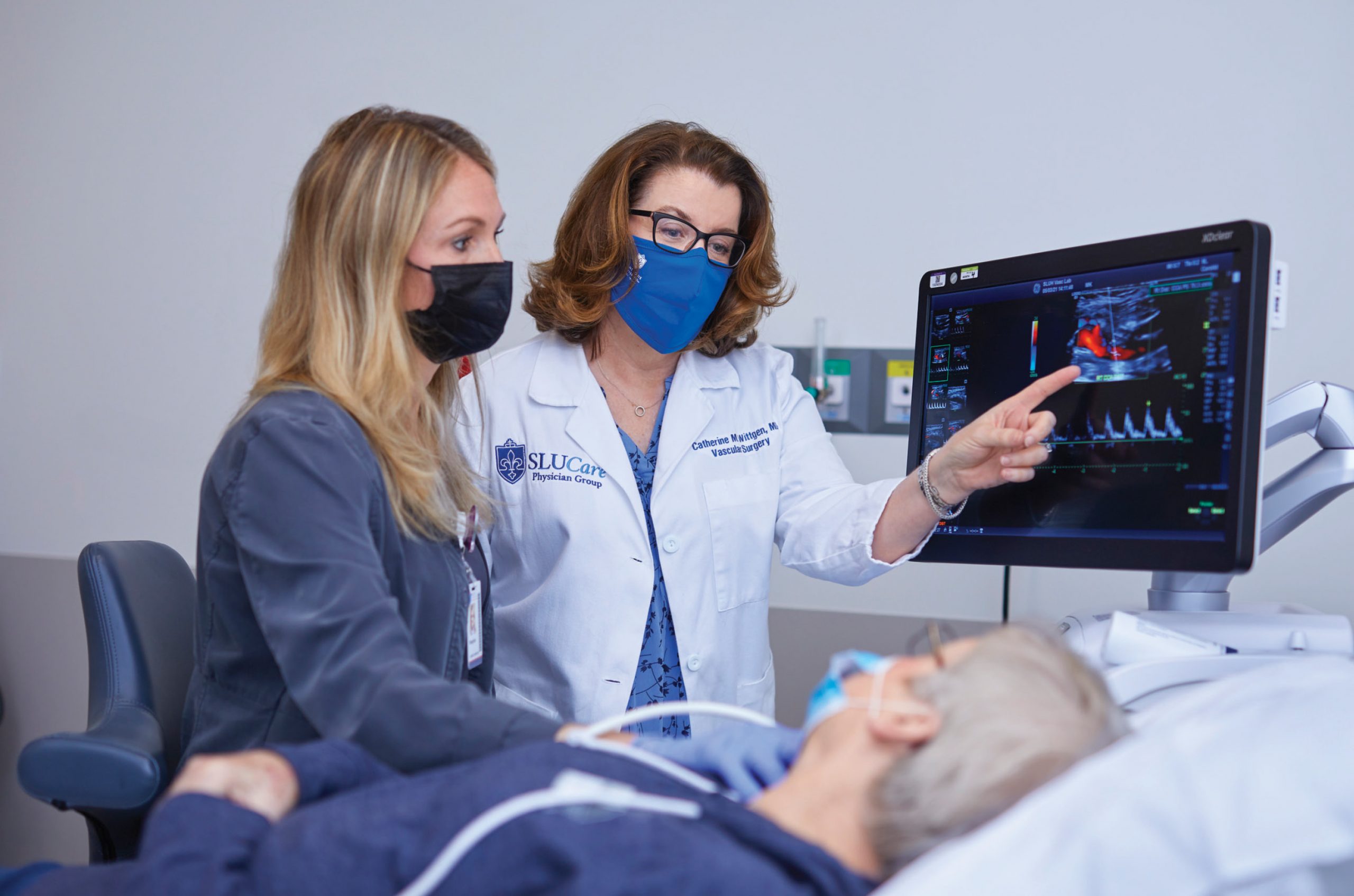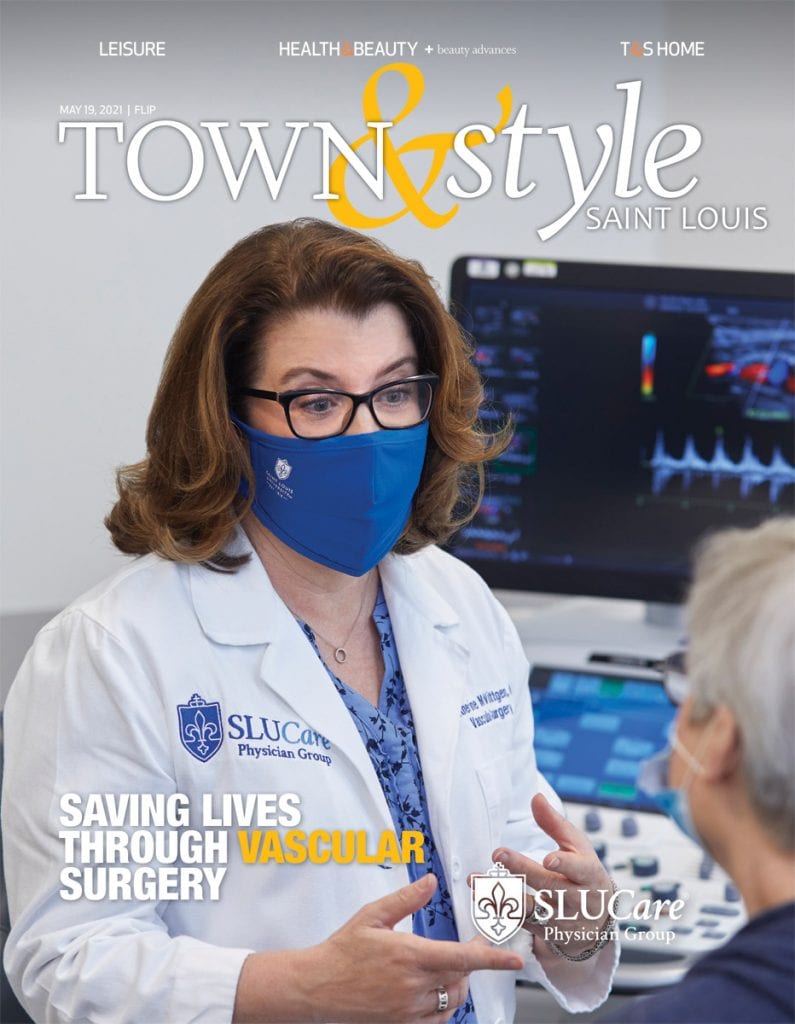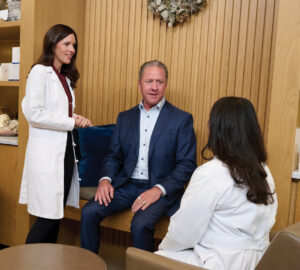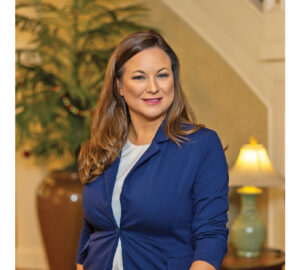Southwestern Illinois resident and retired nurse Layne Harmon knew that challenges lay ahead after she suffered a stroke last fall. She originally was admitted to two different medical centers in Illinois but was transferred to SSM Health Saint Louis University Hospital for follow-up care. Harmon was treated by SLUCare vascular surgeon Dr. Catherine Wittgen and a dedicated team of nurses and therapists.
“I connected with Dr. Wittgen the first time I met her,” she says. “I could tell she was on top of her game and loves what she does. Her confidence, knowledge and expertise made me feel like I was getting the right kind of care. As soon as I arrived, I felt like I had stepped into a world of modern medical knowledge and technology that I had not seen elsewhere.”
Recently, Harmon returned for a carotid duplex, an ultrasound exam that helps providers visualize whether blood is flowing normally through the carotid vessels in the neck. “I’m doing well now, and everything has worked out beautifully,” she says. “I appreciate that Dr. Wittgen was comforting and reassuring from the very beginning. She said she was going to do everything she could for me, and that’s what happened.”
Wittgen says patients who come to SLUCare for treatment of vascular disease can expect compassionate care using the latest technology. They also can be assured that the medical team is continuing with appropriate COVID-19 precautions for patient safety. “We are still wearing face masks in all areas and performing proper disinfection protocols,” she notes. “Our staff is gratified to see that people who originally kept to telehealth visits or even delayed some care during the pandemic are returning in person. It’s important to us to provide the care they need.”
According to Wittgen, patients can feel confident about SLUCare treatment because the physician group is equipped to provide personalized care for any health need. She says many patients come to the vascular practice with risk factors like tobacco use, high cholesterol, clotting abnormalities or family history of disease, and each one is treated with personal care that recognizes individual needs.
“We also counsel patients about important lifestyle changes,” she says. “We discuss things like blood pressure control, healthy diet and proper exercise. People often assume that this means they will have to go to the gym every day, but it doesn’t—walking 20 to 30 minutes a day is great for your cardiovascular health, and you can do it anywhere.” And if patients need help to quit smoking, SLUCare offers complete cessation resources, she adds.
Harmon says she couldn’t have asked for more attentive post-stroke care and follow-up. “Everyone on the SLUCare team went above and beyond to be helpful,” she says. “They understood my needs and took great care of me. My advice to others is to memorize the FAST acronym for possible signs of stroke: Face drooping, Arm weakness, Speech slurring and Time to call 9-1-1. Get the help you need right away, and don’t quit until you have it.”
SLUCare Physician Group serves patients with vascular disease using the most up-to-date technology and treatment protocols. Pictured on the cover: SLUCare vascular surgeon Dr. Catherine Wittgen. For more information, call 314.977.4440 or search for ‘vascular surgery’ at slucare.edu.
Cover design by Julie Streiler
Cover photo courtesy of SLUCare Physician Group
Pictured at the top: Dr. Catherine Wittgen explains a procedure.
Photo courtesy of SLUCare Physician Group









